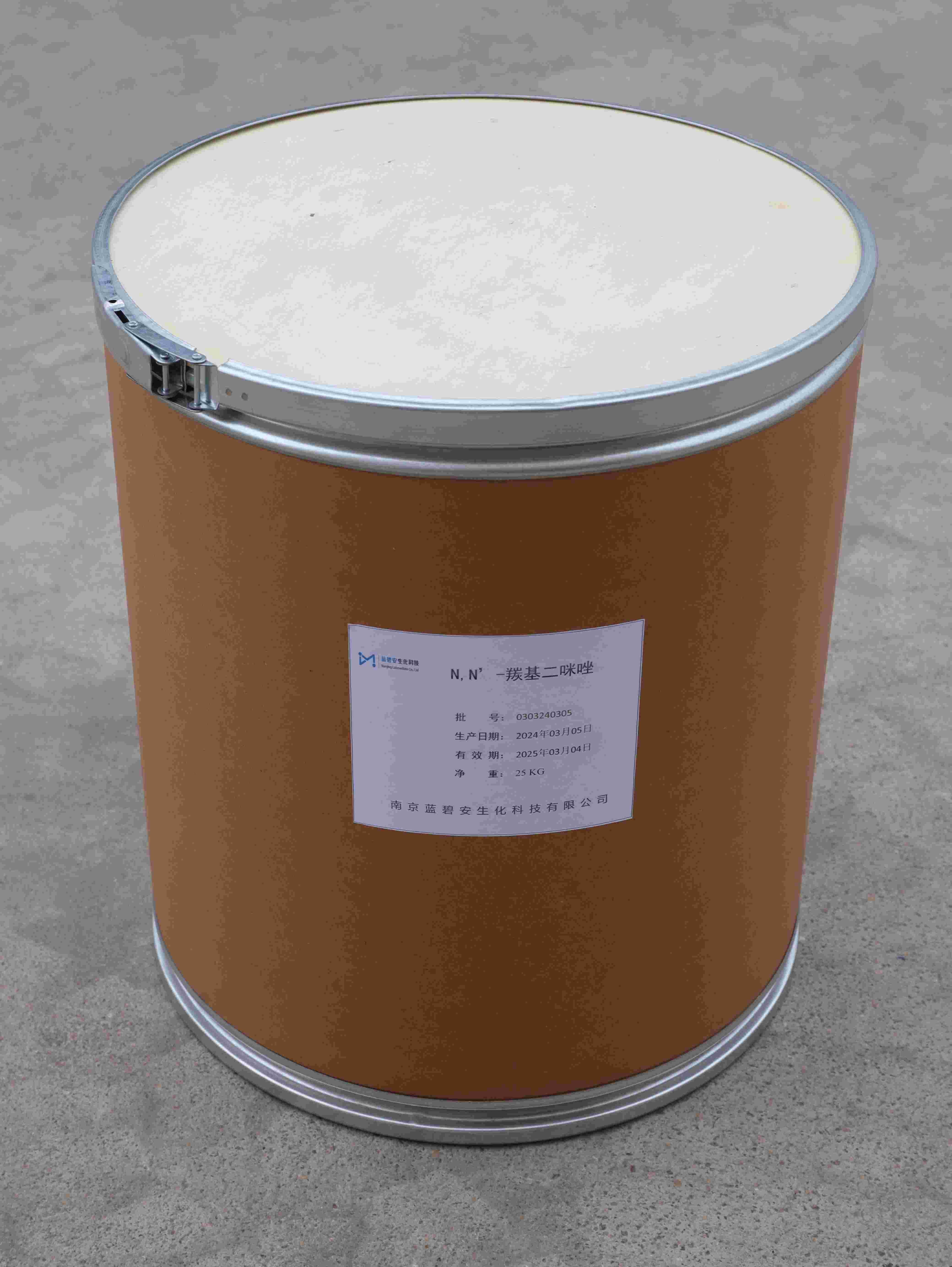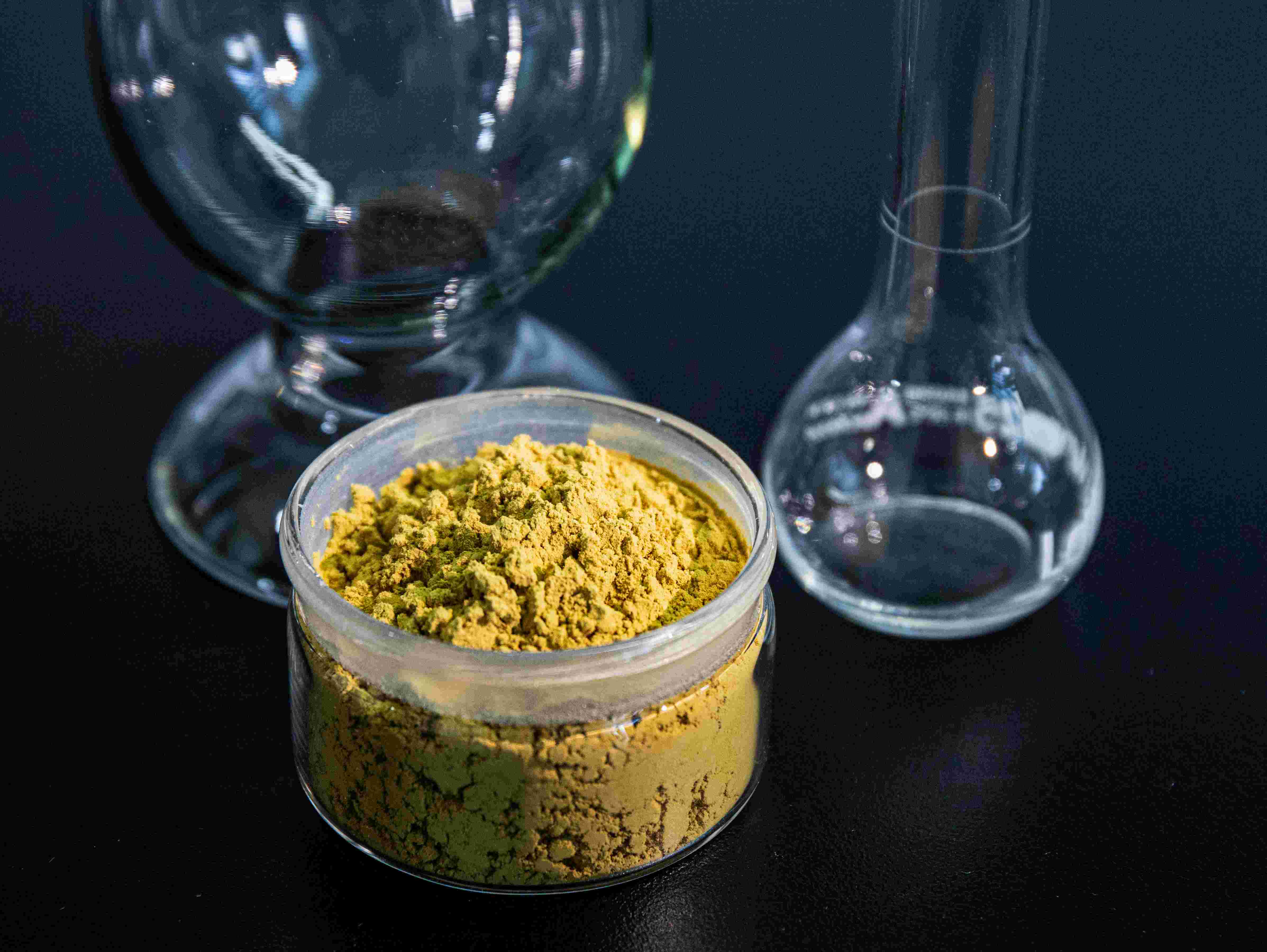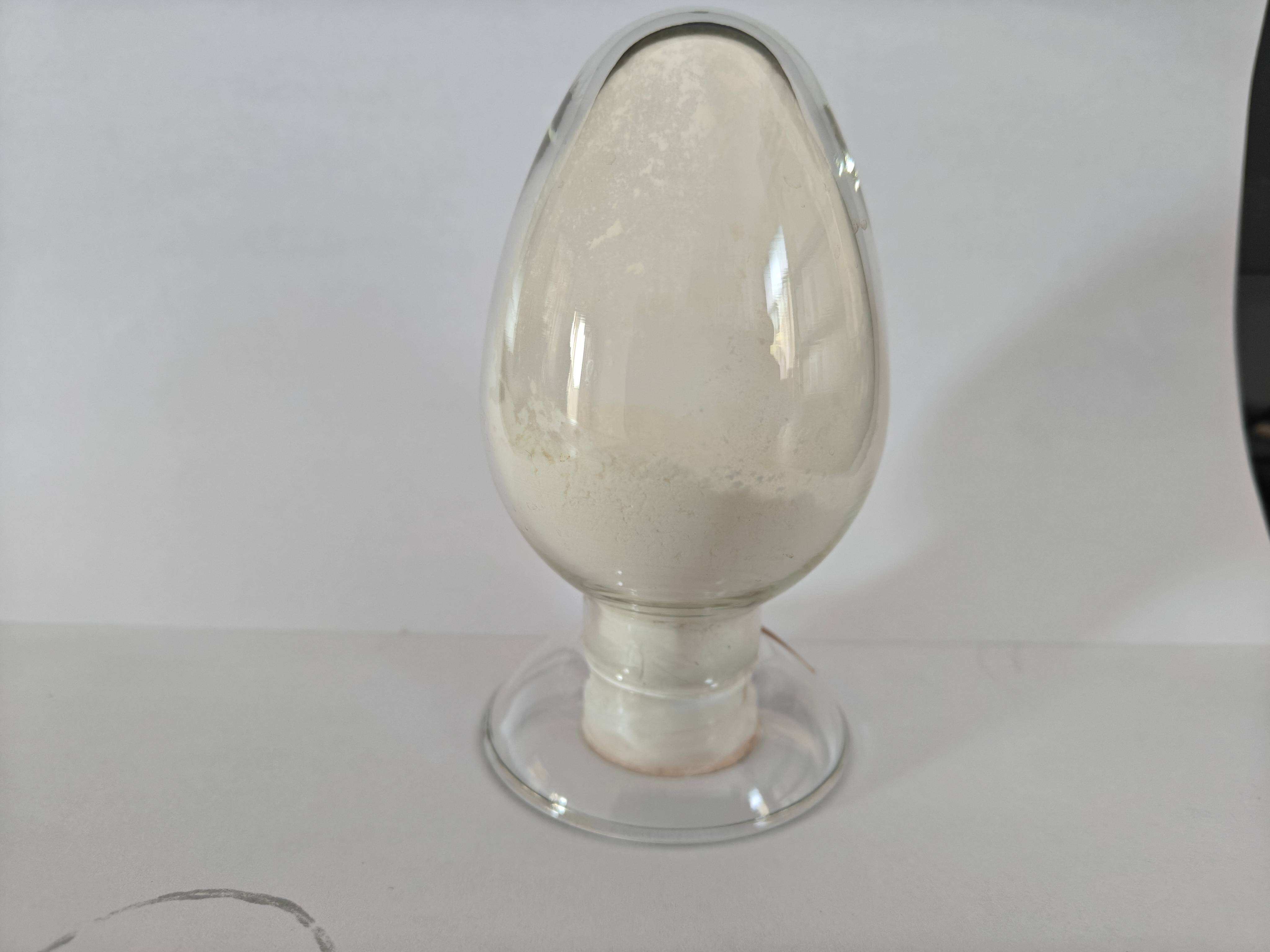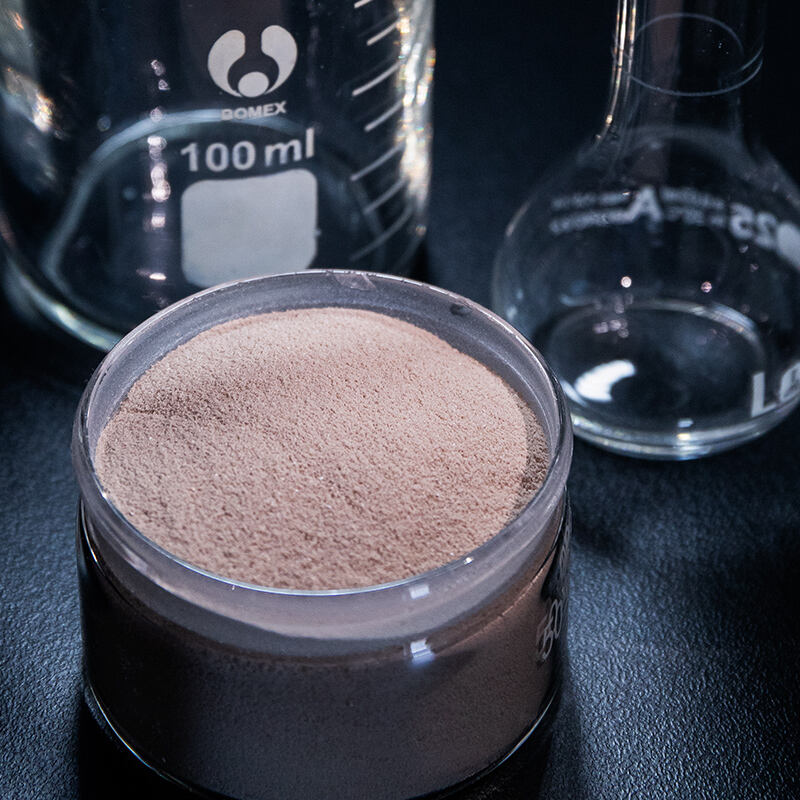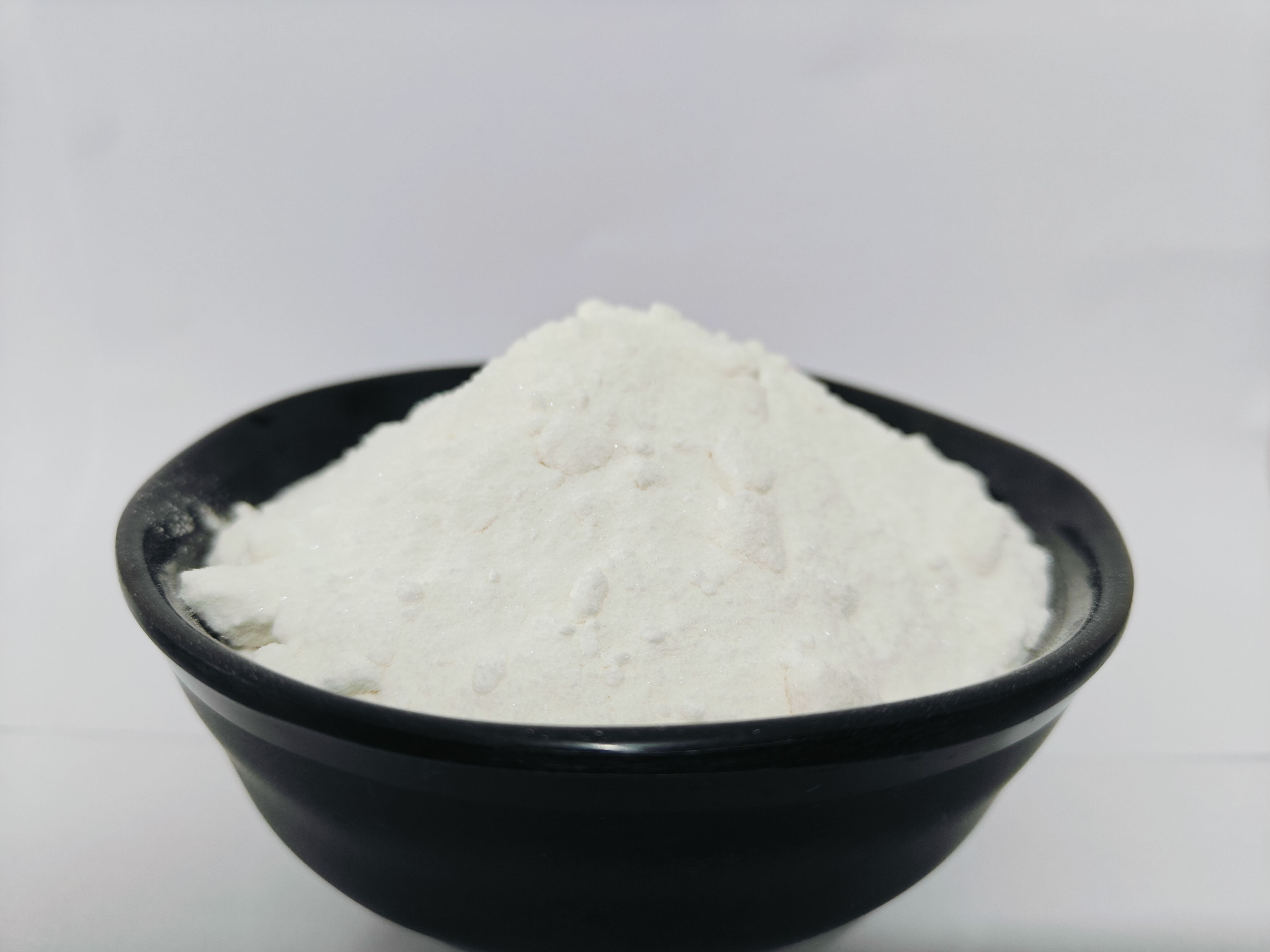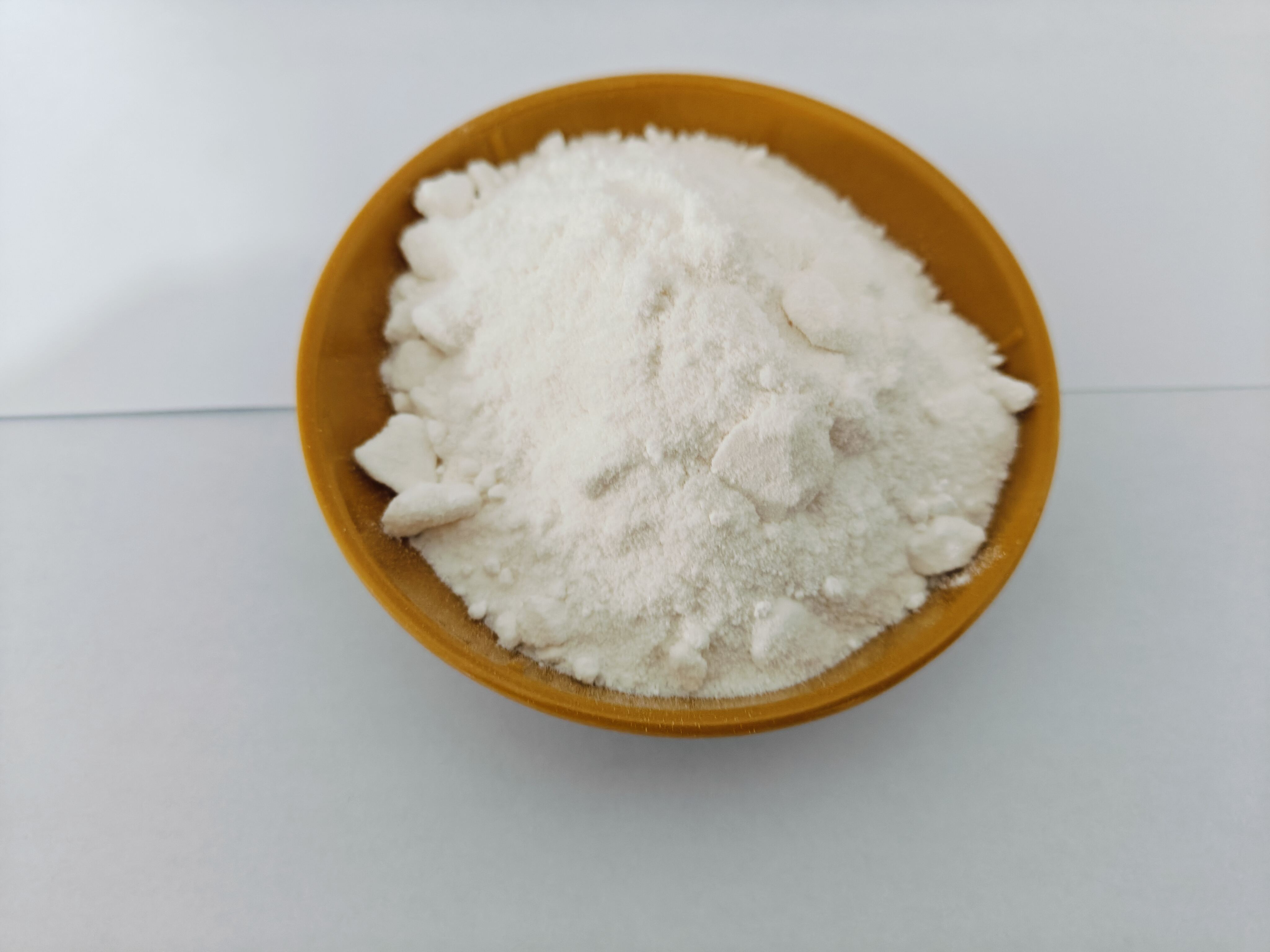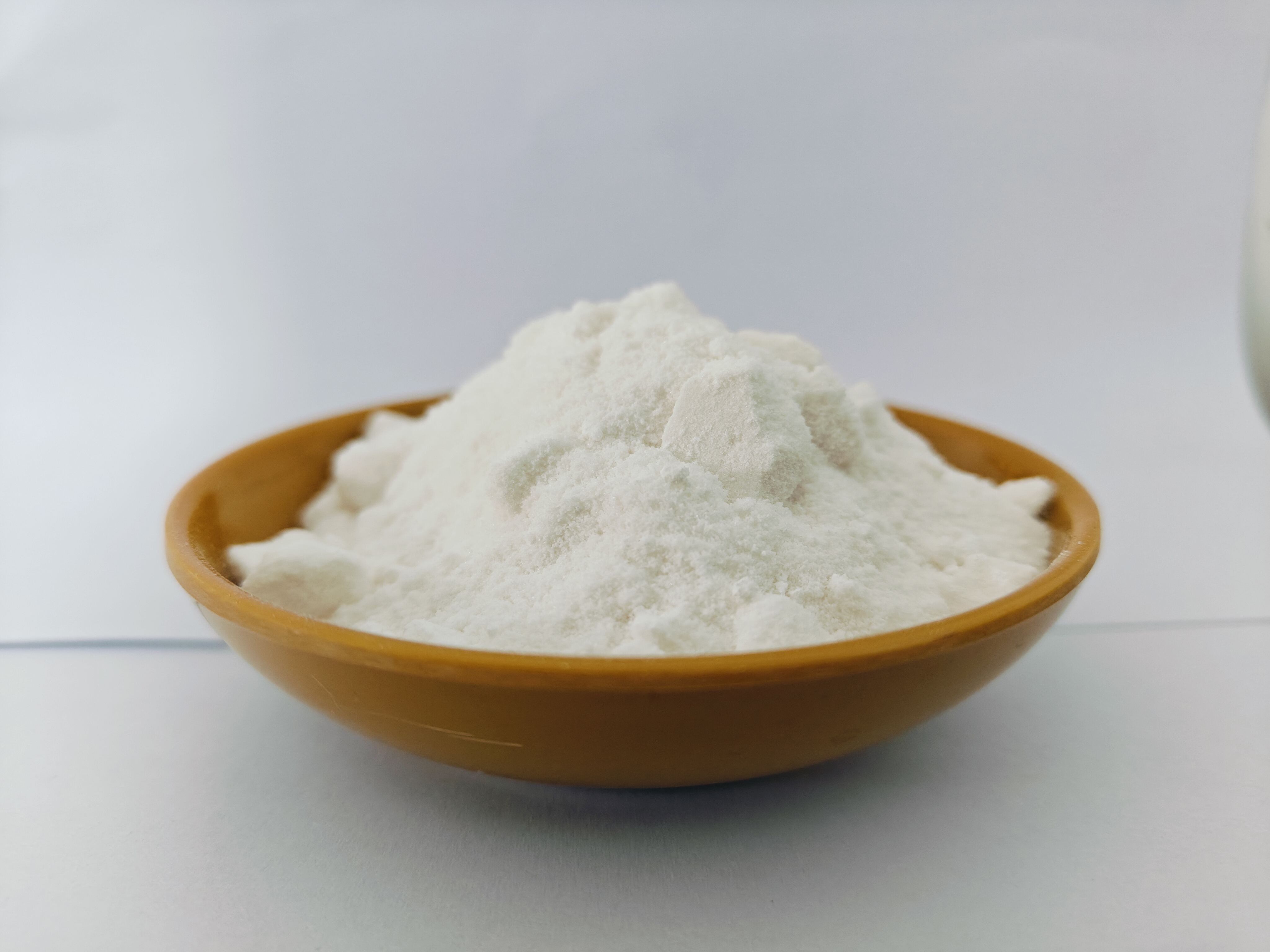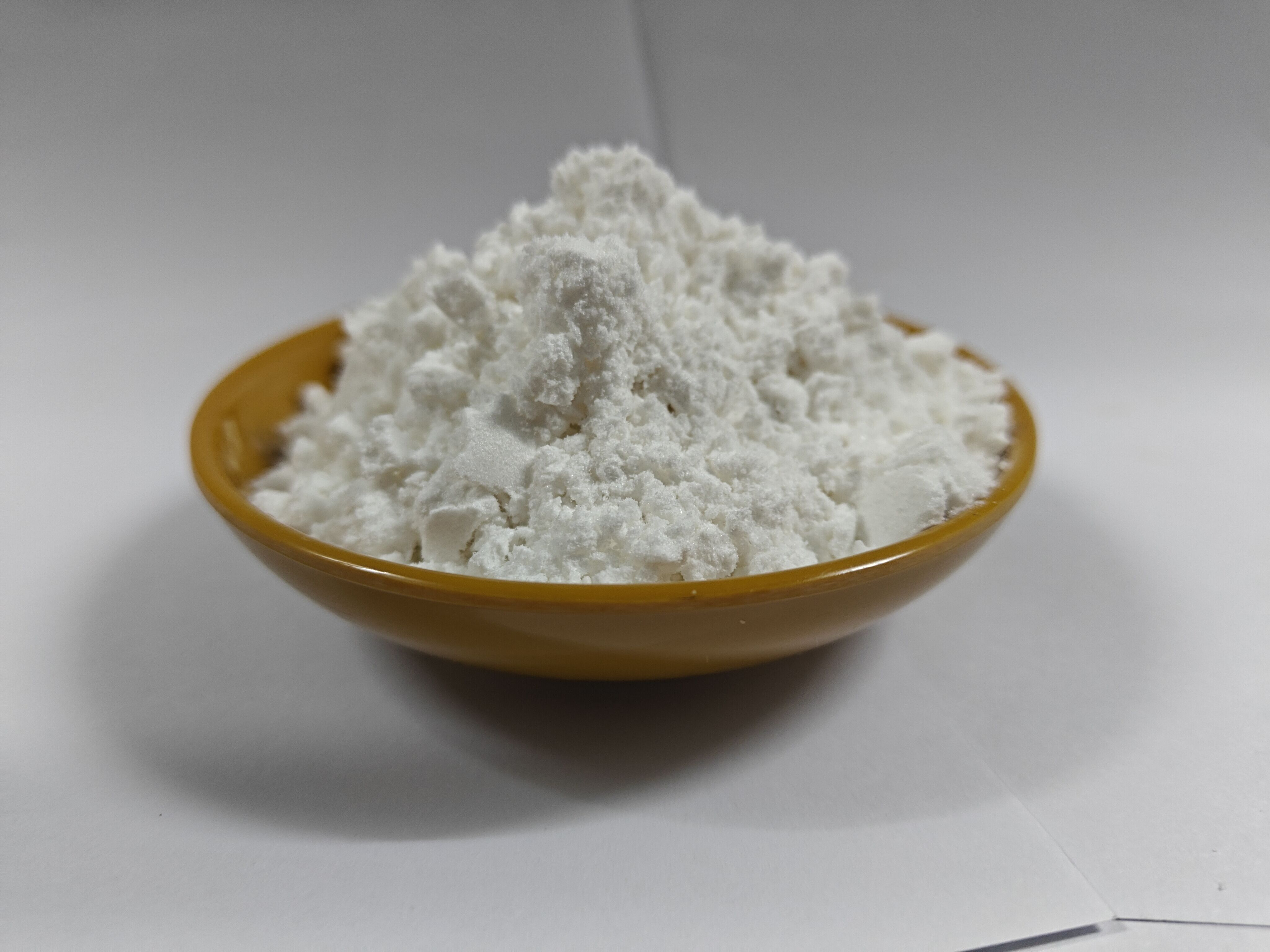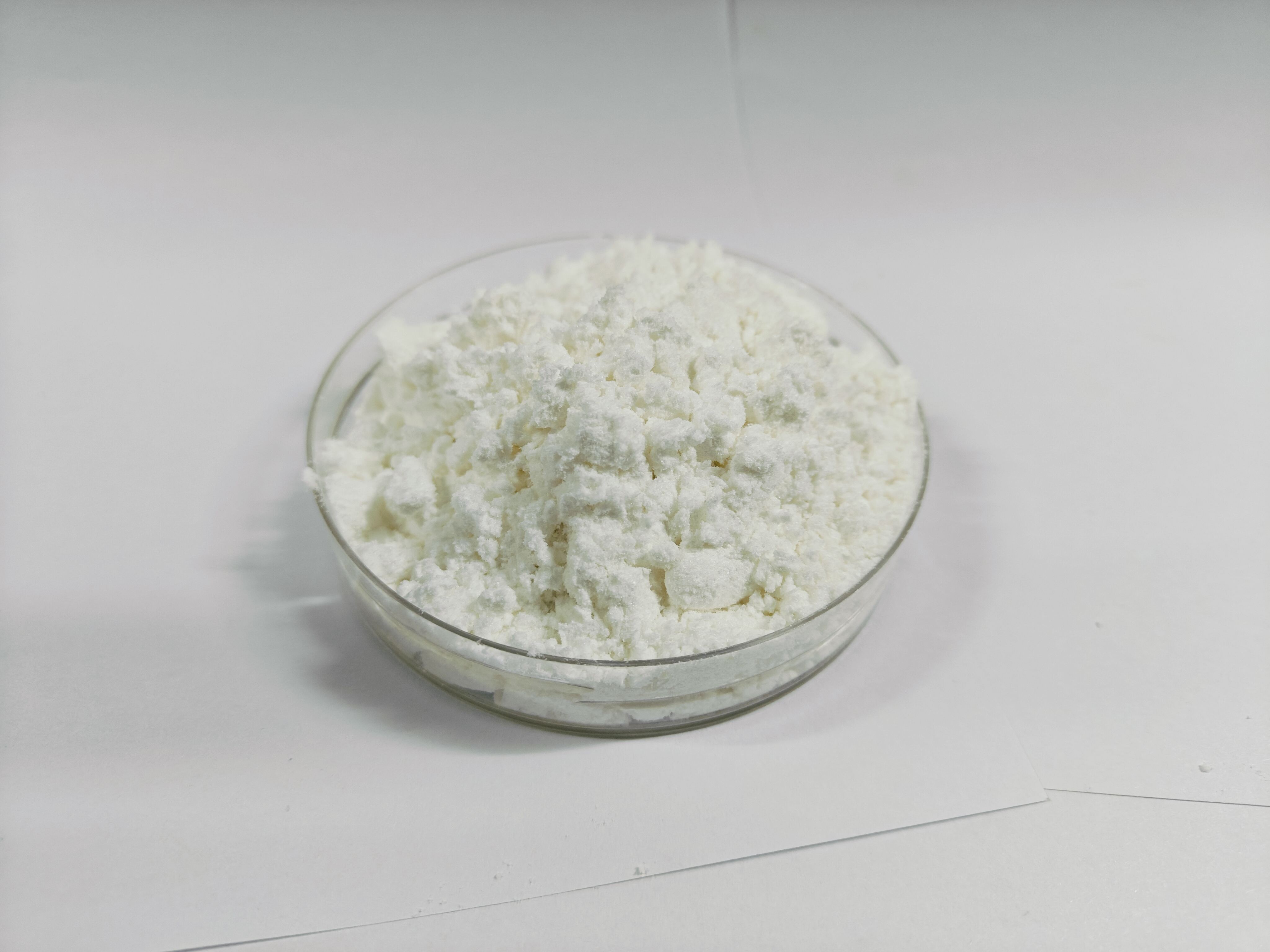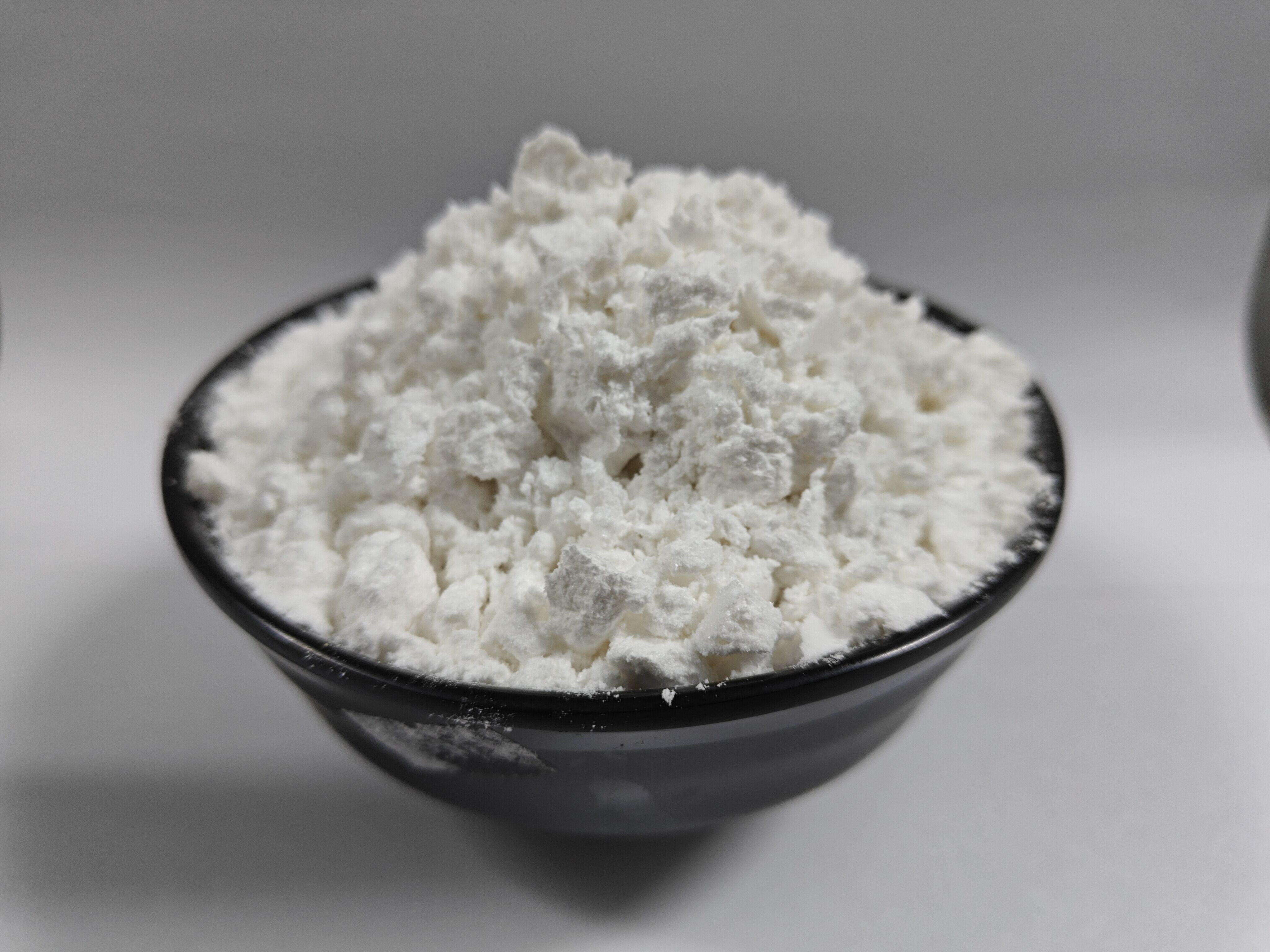high quality cdi amide bonds
High quality CDI amide bonds represent a crucial advancement in chemical synthesis and molecular bonding technology. These specialized bonds, formed through carbonyldiimidazole (CDI) coupling reactions, provide exceptional strength and stability in various chemical compounds. The formation process involves the activation of carboxylic acids using CDI, followed by reaction with amines to create stable amide linkages. This methodology offers superior control over bond formation, ensuring precise molecular architecture and high yields. The bonds demonstrate remarkable resistance to hydrolysis and maintain their integrity across a wide range of environmental conditions. In pharmaceutical applications, CDI amide bonds play a vital role in drug development, enabling the creation of complex molecular structures with specific therapeutic properties. Their reliability in industrial processes makes them invaluable for large-scale production of pharmaceuticals, polymers, and specialty chemicals. The technology also supports green chemistry initiatives by reducing waste products and minimizing the use of harsh reagents. Research institutions and manufacturing facilities utilize these bonds for their reproducibility and consistent quality in both research and commercial applications. The versatility of CDI amide bonds extends to biotechnology, where they facilitate the development of peptide-based therapeutics and modified proteins.

